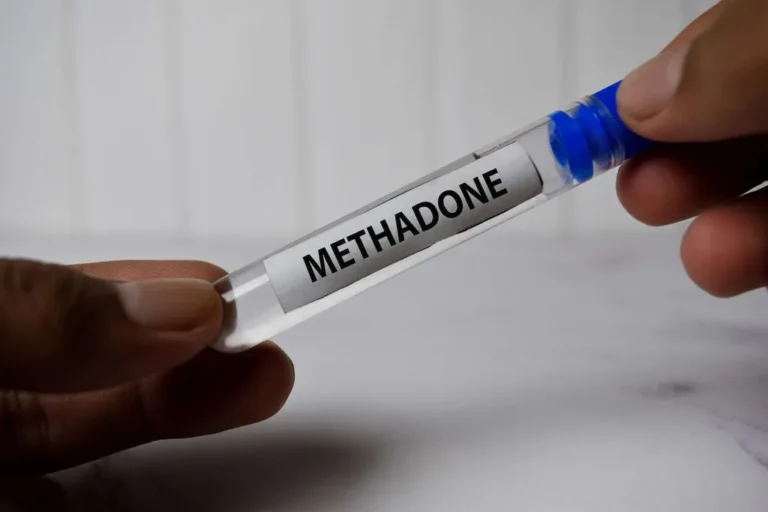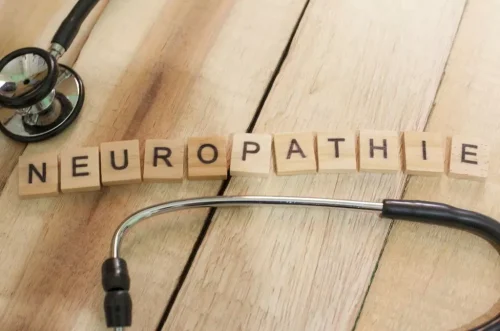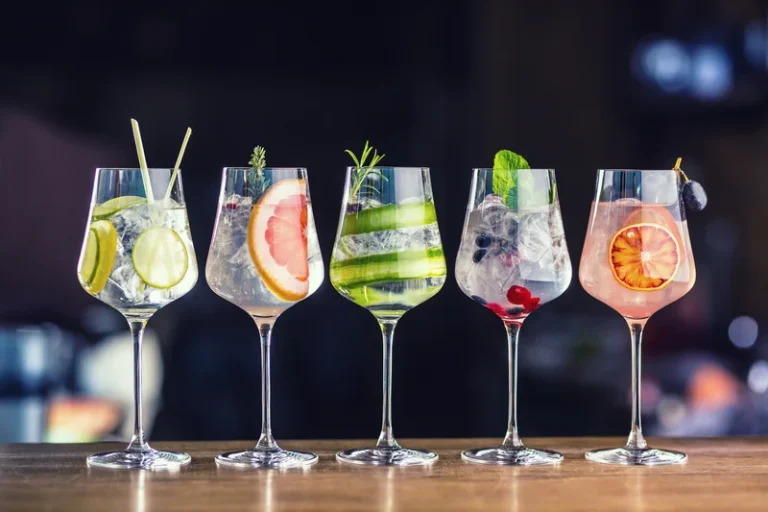
This can contribute to the hypothesis that alcohol is more addicting for some individuals than others. Moreover, binge drinking also releases “negative chemicals”, such as cortisol. “The one-year mark is when your overall risk of different cancers has leveled off,” says Dr. Mosquera. “Your relationships are likely improved, and your resilience has increased,” says Dr. Mosquera. Casual drinking is having a few drinks with friends, having a glass of wine with dinner, or enjoying one glass of champagne.
- Together, that evidence is highly persuasive that alcohol increases the chances of breast cancer.
- The chemical changes from long term alcohol abuse result in a person developing both physical and psychological dependence.
- Having an impulsive personality plays into the decision to seek rewards despite negative repercussions.
- Heavy alcohol consumption has been linked to more than 60 different diseases.
Traits of Alcohol Use Disorder
After just seven days without alcohol, your immune system starts bouncing back. While you might not notice it, your hormones are starting to improve as well, with libido and sexual function revving back up. While heavy drinkers are the only ones who experience liver effects from alcohol, the improvements can be felt very quickly. “If you’re a heavy drinker, this is where your liver health starts rebounding,” says Dr. Mosquera. Alcohol withdrawal symptoms can appear as soon as eight hours after a person’s last drink. A person severely dependent on alcohol will usually experience severe withdrawal symptoms.
How alcohol abuse affects the body
However, some people don’t experience any risk factors yet still have a drinking problem. That being said, let’s take a look at some of the most common reasons why people get addicted to alcohol. Treatment for alcoholism addresses the common risk factors to reverse old behaviors that led to alcoholism and instill new ones that promote sobriety. This includes inpatient treatment at an accredited addiction treatment center. Programs are usually 30 days long and during this time individuals suffering from alcoholism will receive the care and support they need to start their journey to sobriety. Although nobody purposefully becomes an alcoholic, millions of people battle alcohol use disorder.

Surprising Things That Happen to Your Body When You Stop Drinking Alcohol
Strong cravings for alcohol are typical at this stage, and drinking isn’t just for enjoyment anymore. Because the body has adapted to deal with an alcohol-rich environment, the alcoholic physically needs it to avoid the painful symptoms of withdrawal. Research has shown that people with a family history of alcoholism face an why do people become alcoholics increased risk of developing alcoholism themselves. Although having a genetic predisposition to alcoholism does not guarantee that someone will develop an addiction, it may contribute to their susceptibility. Someone with an alcohol addiction who has remained sober for months or years may find themselves drinking again.

Sober communities can also share relatable experiences and offer new, healthy friendships. And these communities make the person with an alcohol addiction accountable and provide a place to turn to if there is a relapse. Many people with AUD do recover, but setbacks are common among people in treatment. Behavioral therapies can help people develop skills to avoid and overcome triggers, such as stress, that might lead to drinking. Medications also can help deter drinking during times when individuals may be at greater risk of a return to drinking (e.g., divorce, death of a family member).
- Cirrhosis can cause a host of other health problems, including high blood pressure, which can lead to the development of enlarged veins in the esophagus called esophageal varices.
- In addition, the editor of this article has spent the last 15 years as a health editor, covering all things health, fitness, nutrition, and wellness and adheres to the highest journalistic standards.
- You’ll soon start receiving the latest Mayo Clinic health information you requested in your inbox.
- And, emotionally, alcohol can make you not only more anxious, but more irritable, more impulsive and less inhibited — not just after a drink, but compounded over time, says Dr. Mosquera.
- Their brain is changing—and without help, there can be serious long-term consequences.
Learn More About Alcoholism Treatment in Florida
Contact us today to find out which of our treatment options if right for you. Brittany Burke Robert has written about health for Oprah Daily, Well+Good, Livestrong, Reebok, and other publications and digital brands for over 15 years. She has extensive https://ecosoberhouse.com/ experience working alongside clinicians and providers to create physical and mental well-being content that’s useful, informative and clinically effective. Jellinek has contributed to how medical professionals understand alcoholism to this day.
How we treat alcohol-related liver disease is unfair—it’s time for change
At Carolina Center for Recovery and affiliates, we aim to provide readers with the most accurate and updated healthcare information possible. Our certified medical reviewers are licensed in the mental health and addiction medicine fields and are dedicated to helping readers and prospective clients make informed decisions about their treatment. We adhere to strict accuracy guidelines and only reference credible sources when providing information on our website. His focus is on helping people who suffer from multiple issues, such as schizophrenia, mood disorders, substance abuse, PTSD, anxiety, depression, OCD, and ADHD.

Find Support for Alcoholism at The Recovery Village Columbus
There is no one-size-fits-all solution for alcohol use disorder (AUD). A certain addiction treatment program may work for someone but may not necessarily work for another person. For them, drinking is a priority and they tend to neglect all their other obligations such as family and work.
- Too much alcohol can be toxic to liver cells, causing dehydration and permanent scarring—which ultimately affects the blood flow.
- You might be prescribed medication to help with your condition in severe cases.
- Alcohol’s inflammatory properties don’t just affect the liver — the stomach can also become inflamed, which, along with the dehydration, can affect digestion and lead to constipation.
- Experts continue to debate the benefits and risks of drinking and passionately argue over whether moderation or complete abstinence is the best option for those who struggle with alcoholism.
- [3] In fact, multiple genes are linked to a higher instance of alcoholism.
We don’t realize that there is often an earnest desire for joy or relief behind each pour. Someone might dread the tossing and turning that comes with insomnia. In doing so, alcohol becomes a pre-emptive armor against perceived threats of pain or judgment.
